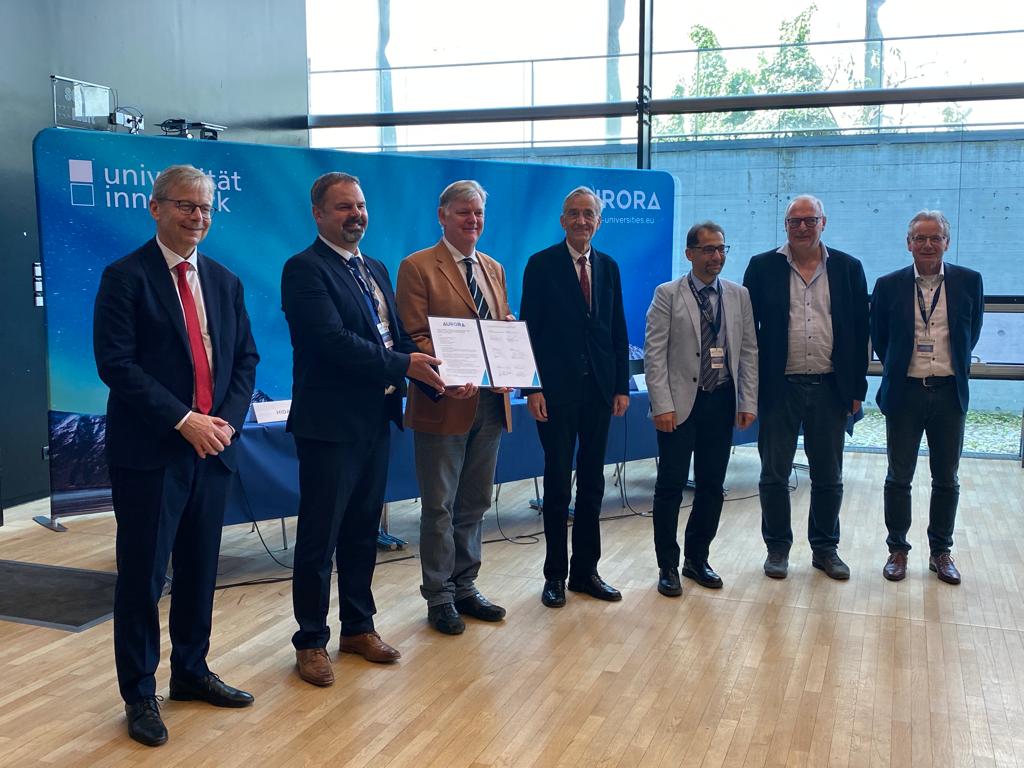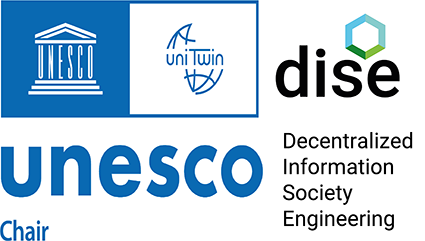The hyper-connected world
Already for quite some years, we live in an Information Society. Even in low-income countries such as Mali and Burkino Faso, smartphones are widely spread. The food that you buy in the supermarket is delivered to you by a complex supply chain, from farmer or fisherman to the final customer. In the past years, the entertainment industry underwent a drastic restructuring due to the large-scale sharing of music and movies.
These are just a few examples that show that products and services are produced, distributed, and consumed in a network called eco-system. In this ecosystem, actors coordinate their work through information. Due to the diffusion of Internet access on a worldwide scale, we are part of a hyper-connected world and have to cooperate with each other somehow.
Value-extraction
The hyper-connected world shows an increasing centralization of information services on the world-wide-web. Everyone wants to be a platform, and as soon as a company is a platform, it very easily leads to value extraction, which is about asking an unreasonable high fee in relation to the value of the provided services. Yes, Facebook, Netflix, Google, AirB&B, Uber etc.; we are talking to you! This phenomenon is also observed by the inventor of the world-wide-web, e.g. Sir Tim Berners-Lee. From a societal perspective, it is highly undesirable that such huge power concentrations emerge. In fact, it is comparable to the colonial situation of the 19th century, where countries were utilized by others.
Fair decentralized eco-systems
We argue that the original design philosophy of the Internet, namely a distributed system that interconnects many smaller systems, also applies to the societal- and business level. Instead of distributed systems, we talk about decentralized eco-systems, where each party is equal and is treated fairly, and according to the real contribution to the eco-system.
We are interested in (re) designing such decentralized eco-systems, and the corresponding information technology. We explicitly take a Design Science perspective, meaning that we build consortia, develop multi-parties business models, e.g. by using the e3value method, design the required cross-organizational processes and smart contracts, and finally build the IT, e.g. by deploying a blockchain platform. In short, we are interested in real projects and cases, rather than in academic toy-examples. Fairness is important in The Global North, but is also a concern in Global South, as becomes apparent in our ICT4D research.
Practitioners: We want to work with you!
Are you involved in a project that builds an eco-system? We are very much interested to aid you in the design of the business model, processes, and IT, but also to learn from you how this works in practice, and to make that knowledge available in the scientific- and other societal relevant communities. You are in good hands, as we have done so in many industries, e.g. in the energy sector, and the entertainment industry. In terms of relations with industry, we have close connections with The Value Engineers, 2Token, and the Dutch Blockchain coalition.
Letter of Intent Joint Europan Master Digital Society and Global Citizenship
The presidents of six European universities (University of Innsbruck, University of Naples Federico II, Palacký University Olomouc, Universitat Rovira i Virgili, University of Iceland, and the Vrije Universiteit Amsterdam) singed a Letter of Intent to develop a two year Joint Europan Master on Digital Society and Global Citizenship. Three members of the DISE group (Anna Bon, Hans Akkermans, and Jaap Gordijn) coordinate the design of this master.


